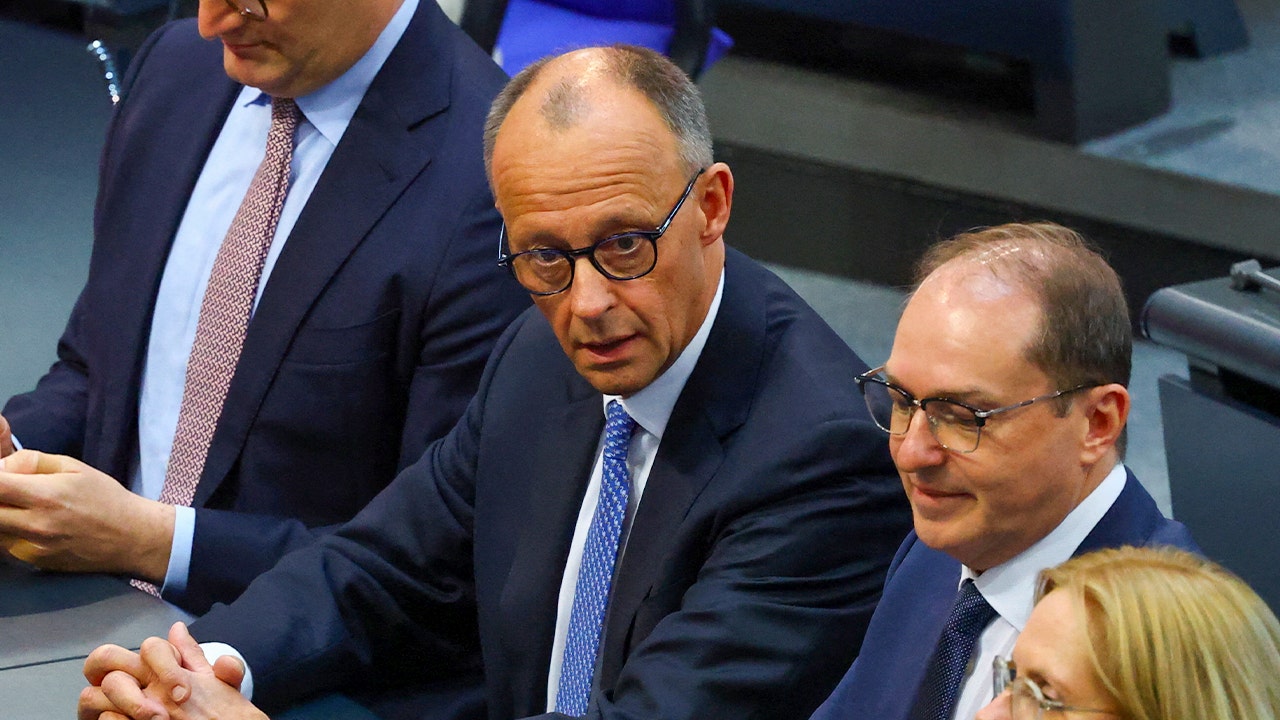Summer 2024 was slime green — edgy, messy and ready to party long after clubs had closed. It was also self-aware, slightly depressed and anxious about the future. Charli xcx’s culture-defining album Brat embraced “bumpin’ that,” playing “club classics” and examining how “the apple don’t fall far from the tree.” Even Kamala Harris was brat. It was Brat Summer for a few fleeting months, then it was nothing.
As the weather gets warmer, the days get longer and social media feeds flood with vacation photos, the pressure is on to pick a name for summer 2025.
Before Brat Summer, other years were dubbed Tomato Girl Summer (2023), Barbie Summer (also 2023), Rat Girl Summer (2023), White Boy Summer (2021, before it was co-opted by hate groups) and the Summer of Scam (2018). I remember Mamma Mia Summer in 2018 and Pokémon Go Summer in 2016. Depending on your social media algorithms, which have become more personalized over the years, you might have seen a different trend get anointed.
But just as the seasons change, the summer branding must also. Charli xcx herself has declared the Brat era over — we are formally not allowed to revive it in 2025. At Coachella in April, she proposed 26 options for the season, based around musicians and filmmakers with forthcoming releases: Lorde Summer, Addison Rae Summer, Celine Song Summer and Joachim Trier Summer, to name a few.
But why does summer need a name at all?
The modern urge to name our summers
Valerie Fridland, a linguistics professor at the University of Nevada, Reno, told Yahoo Entertainment that the trend is a “quick and dirty callout to the season’s cultural moment.”
“By naming or assigning a label to something, it fixes or sets that shared experience as something relatable and easily referenced by others,” she said. “Language is all about expressing collective experience and shared ethos — and summer, with its long days, hanging out, fun in the sun, laid-back vibes, is something we’ve been enculturated to identify and feel good about since we were little.”
Brat Summer was one of the last times since Hot Girl Summer in 2019 that one unifying summer name emerged over dozens of others. Alfred Goldberg, a brand strategist, told Yahoo Entertainment that the Megan Thee Stallion-inspired trend kicked off a new summer naming craze because it tapped into “both personal branding and cultural zeitgeist.”
“That shift really came with the rise of social media and meme culture, where everyone can participate in shaping a seasonal narrative,” he said.
Algorithms are partially to blame, but because the compulsion to name summer is tied to emotion and community, it can also be a personal exercise. What you are seeing on your own feed shapes your perception of culture and how you portray yourself in your own posts.
Weirong Li, a Gen Z communications strategist and emotional intelligence coach, told Yahoo Entertainment that naming summer is a way for people — particularly younger generations — to engage in “emotional self-branding.”
There are a lot of good feelings associated with summer, including a “symbolic reset,” Li explained. Brands like tapping into that vibe. They embrace and promote branded summers, and sometimes declare their own.
Jonathan Alpert, a psychotherapist and self-help book author, told Yahoo Entertainment that summer symbolizes freedom. Naming it taps into the “playful, performative” energy and “lets people reinvent themselves” for a season.
“Psychologically, giving summer a name creates a cultural script. It offers people a sense of control and identity in a world that often feels chaotic,” he said. “And for brands, it’s a dream and a gold mine. These names turn into movements that fuel engagement, drive trends and make everyone feel like they’re part of something bigger.”
From Summer of Love to ‘Summer of George’
Though the way the trend is driven by social media and algorithms seems uniquely modern, the desire to name summer is not an entirely new phenomenon. It began with the Summer of Love in 1967, when antiwar protests, live music and psychedelic drug use made hippies trendy.
Flash forward 30 years later to Seinfeld. In a 1997 episode, George Costanza gets fired and decides to use his severance to have a fantastic, lazy summer. As his plans fall apart — his laziness makes his muscles atrophy and he ends up in the hospital — he morosely declares, “This was supposed to be the Summer of George!”
Though Costanza’s summer branding fell through because his circumstances took a turn, he could still have redeemed the concept if he had gotten other people on board.
Noël Wolf, a linguist and cultural expert at the language-learning platform Babbel, told Yahoo Entertainment that the summer naming trend at its core “taps into a powerful linguistic instinct we see all the time — the human drive to label and frame experience, and to find community in language.”
“While Brat Summer and Hot Girl Summer are obviously marketing strategies, there is a level of comfort in being able to capture a collective mood and cultural rallying cry,” she said. “Social media gives people the tools to remix a summer label into something personal: Goblin Mode Summer, Soft Girl Summer, Delulu Summer — each one tweaks the archetype, individualizing a person’s experience, mood, values and humor.”
So what will summer 2025 be named? Look to whatever is identified by a cultural tastemaker, amplified by algorithms and sustained by brands over the next few weeks. I’m partial to Joachim Trier Summer myself, coming off my trip to the Cannes Film Festival where the filmmaker declared “tenderness is the new punk.” But I wouldn’t mind Sardine Girl Summer, either.
.png)
 German (DE)
German (DE)  English (US)
English (US)  Spanish (ES)
Spanish (ES)  French (FR)
French (FR)  Hindi (IN)
Hindi (IN)  Italian (IT)
Italian (IT)  Russian (RU)
Russian (RU) 




Comments